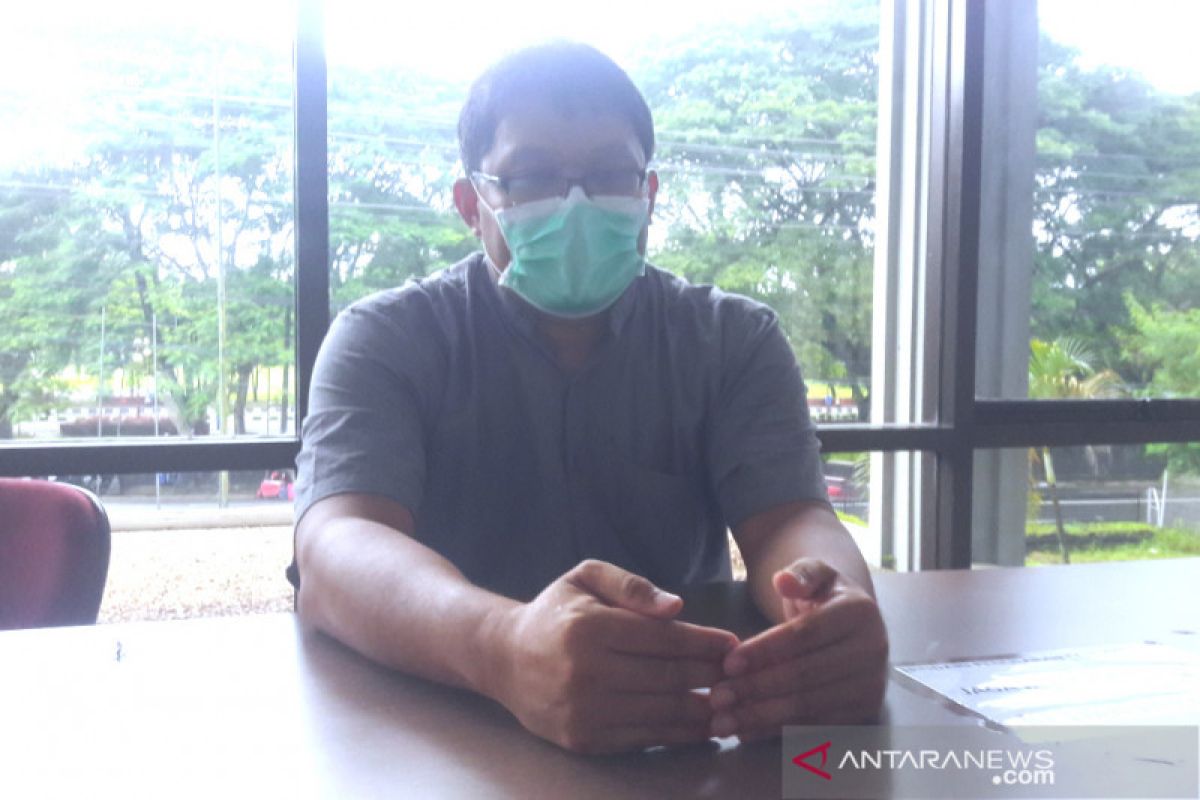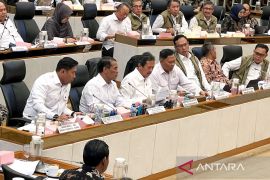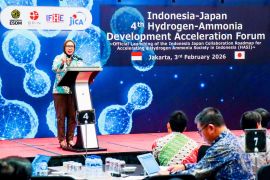The strategy remains the same. The strategy will have to be changed if the transmission model changes, for example from droplet to airborneYogyakarta (ANTARA) - A change in strategy will not be necessary to deal with the spread of the new coronavirus variant, B1.1.7, in Indonesia, Dr. Riris Andono Ahmad, an epidemiologist from Gadjah Mada University, has opined.
"The strategy remains the same. The strategy will have to be changed if the transmission model changes, for example from droplet to airborne," Ahmad said when contacted here on Monday.
The main strategy for controlling the virus is adhering to the 5M protocols — wearing masks, maintaining distance, washing hands with soap, staying away from crowds, and reducing mobility, he added. Control efforts also need to be carried out through the 3Ts — tracing, testing, and treatment, he continued.
The tracing of COVID-19 cases can be carried out as usual if the transmission can be controlled from the start, Ahmad noted. However, if the transmission of cases becomes widespread, mass prevention in the community will need to be carried out immediately, he said.
"So, this (control measures) is not related to the type of virus or its mutation, but rather the mode of transmission," he stressed.
However, if the implementation of the 5M and 3T protocols is not followed properly, case transmission could occur faster as the transmission of the B1.1.7 variant is reported to be 70 percent higher, he cautioned.
The current implementation of restrictions on community activities (PPKM) can effectively inhibit transmission, including the spread of the new coronavirus variant, as long as the policy can significantly reduce community mobility, he said.
"The effective way to stop transmission is to stop mobility, as the virus transmission will be faster if mobility continues. If mobility can be reduced, COVID-19 transmission will also be reduced," Ahmad said.
The B1.1.7 variant could have an impact on the increasing rate of cases, which could further have implications on the provision of health facilities, he observed.
"As the number of hospitalized patients increases, there must be an increase in the number of beds. Regardless, the control strategy remains the same," he affirmed.
Earlier, chairperson of the genetic working group of the Faculty of Medicine, Public Health and Nursing (FKKMK) at UGM, Dr. Gunadi, had asked the public to not be too worried about the emergence of B1.1.7 as the new variant has not been proven to worsen the condition of COVID-19 patients.
He said the Health Ministry has made appropriate efforts to trace the close contacts of the two Indonesian workers from Karawang who were exposed to the B1.1.7 variant even though both have now tested negative.
"Most importantly, keep doing the 5M protocols. So far, the implementation of the protocol has been quite effective (in suppressing the spread of COVID-19 cases)," he remarked. (INE)
Related news: COVID-19: Vaccine still effective against UK variant, assures govt
Related news: No scientific data to corroborate new COVID-19 variant deadlier: LIPI
Related news: COVID-19: UK variant detected in West Java's Karawang
Translator: Katriana
Editor: Azis Kurmala
Copyright © ANTARA 2021












